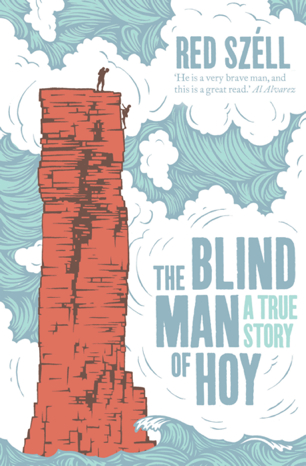From the source texts onwards blindness is seen as pitiable. In Greek tragedy blinding is a favourite form of divine retribution for unpardonable sins such as Oedipus’ incest; a tradition continued by Shakespeare when adulterous Gloucester has his eyes put out in King Lear.
Oedipus is told ‘thou art better off dead than living blind’ but it was visually impaired Milton who really stuck the boot in with newly blind Samson Agonistes bemoaning that he is ‘inferior to the vilest now…scarce half I seem to live…a moving grave’.
The blind are equally tortured in comedy. Gloucester can be fooled into believing anything once blinded providing comic relief in Lear. And the brazen young wife of an old blind baker in Chaucer’s Merchant’s Tale not only succeeds in cuckolding him during their long walks together but when he wakes to find his sight miraculously restored and his wife at it, she also persuades him it was all part of her cure for him.
The Romantic poets took blindness to a whole different level. For Blake and Wordsworth it was an obstacle to enlightenment. For Keats and Coleridge it was an allegory for their struggle to see the world as it is and for Byron and Shelley it represented the soullessness of the Age of Reason. All saw it as an impediment to self-awareness.
And people who are not self-aware can have no concept of how foolish or corrupted they are. All they can hope for is relief in the form of charity or death. Fortunately few are as irredeemable as Treasure Island’s Blind Pugh.
Occasionally a benevolent fate (perhaps out of pity) compensates the blind with extraordinary powers. Oedipus is granted wisdom, Max Carrados and a slew of other detectives, the ability to solve crimes that baffle the ordinary mind.
But their very extraordinary abilities still preclude them from leading ordinary lives. Blind characters in literature are never married and seldom happy (unless in their own ignorance).
The more resigned among us may shrug and say ‘twas ever thus, it’s only make-believe’. But the longer these stereotypes persist (and multiply with the media that carry them) the more we’ll be viewed as afflicted, lacking in self-awareness and self-reliance, inferior or only achieving by the grace of whoever. And like characters in a book, our destinies will rest in someone else’s hands.

